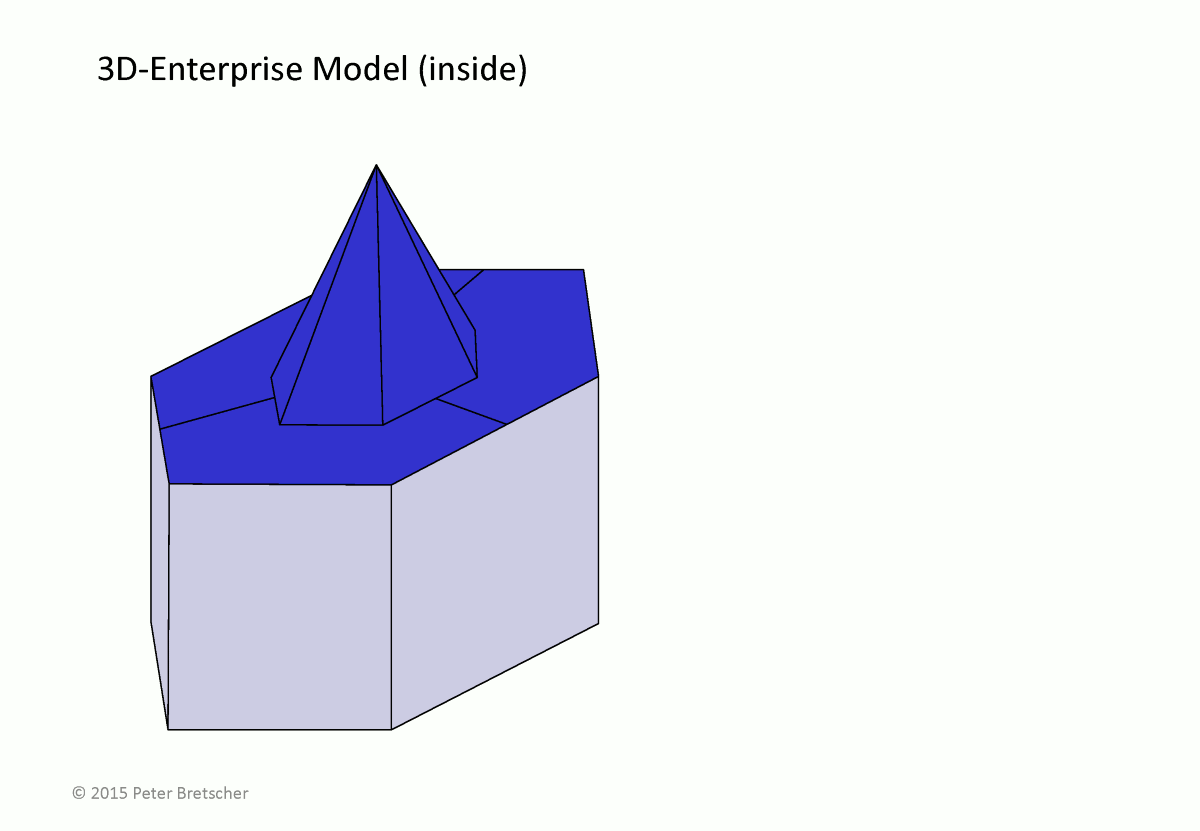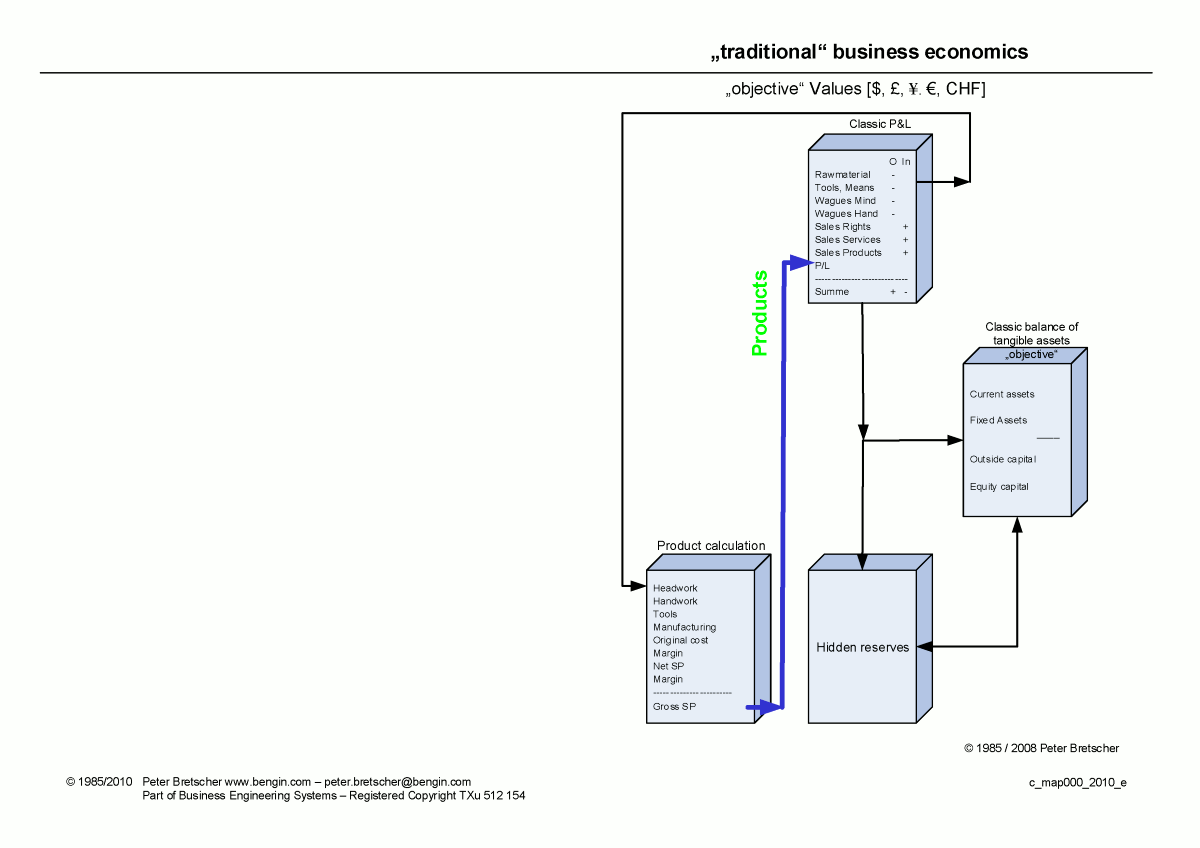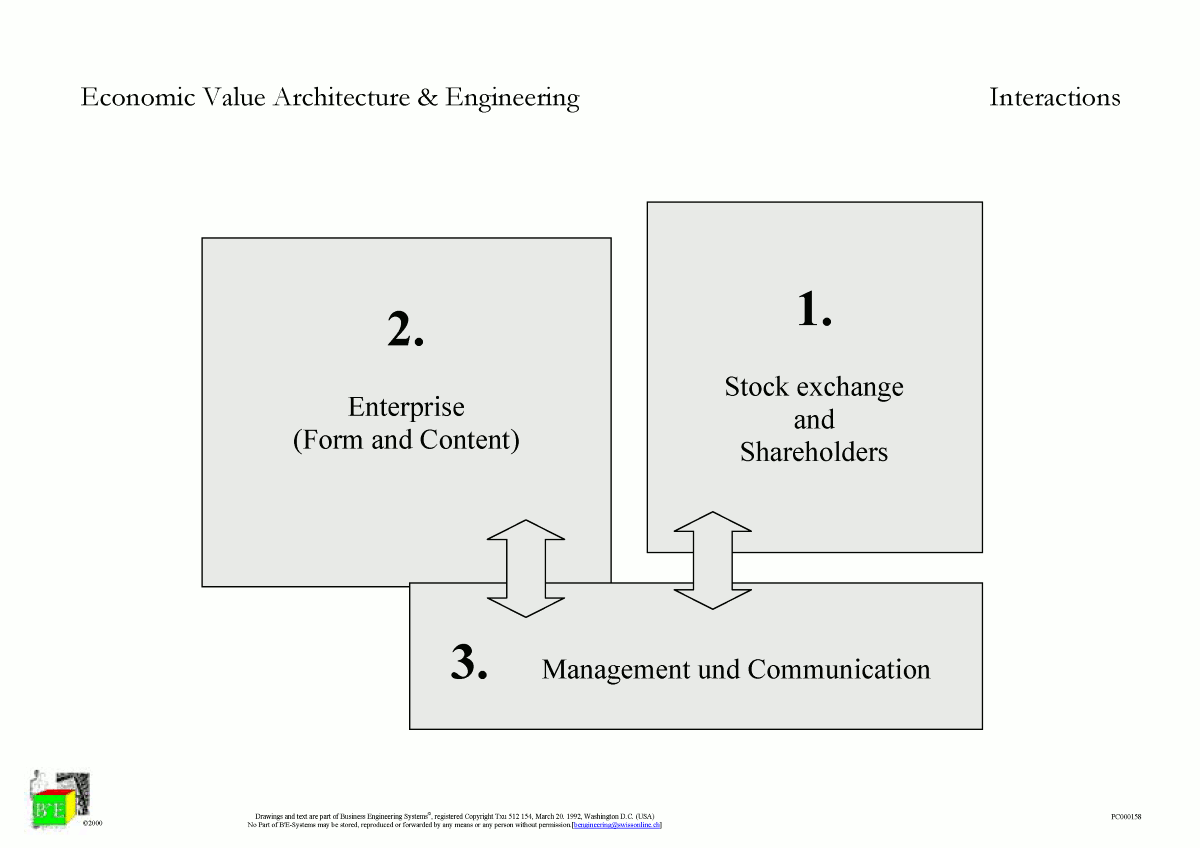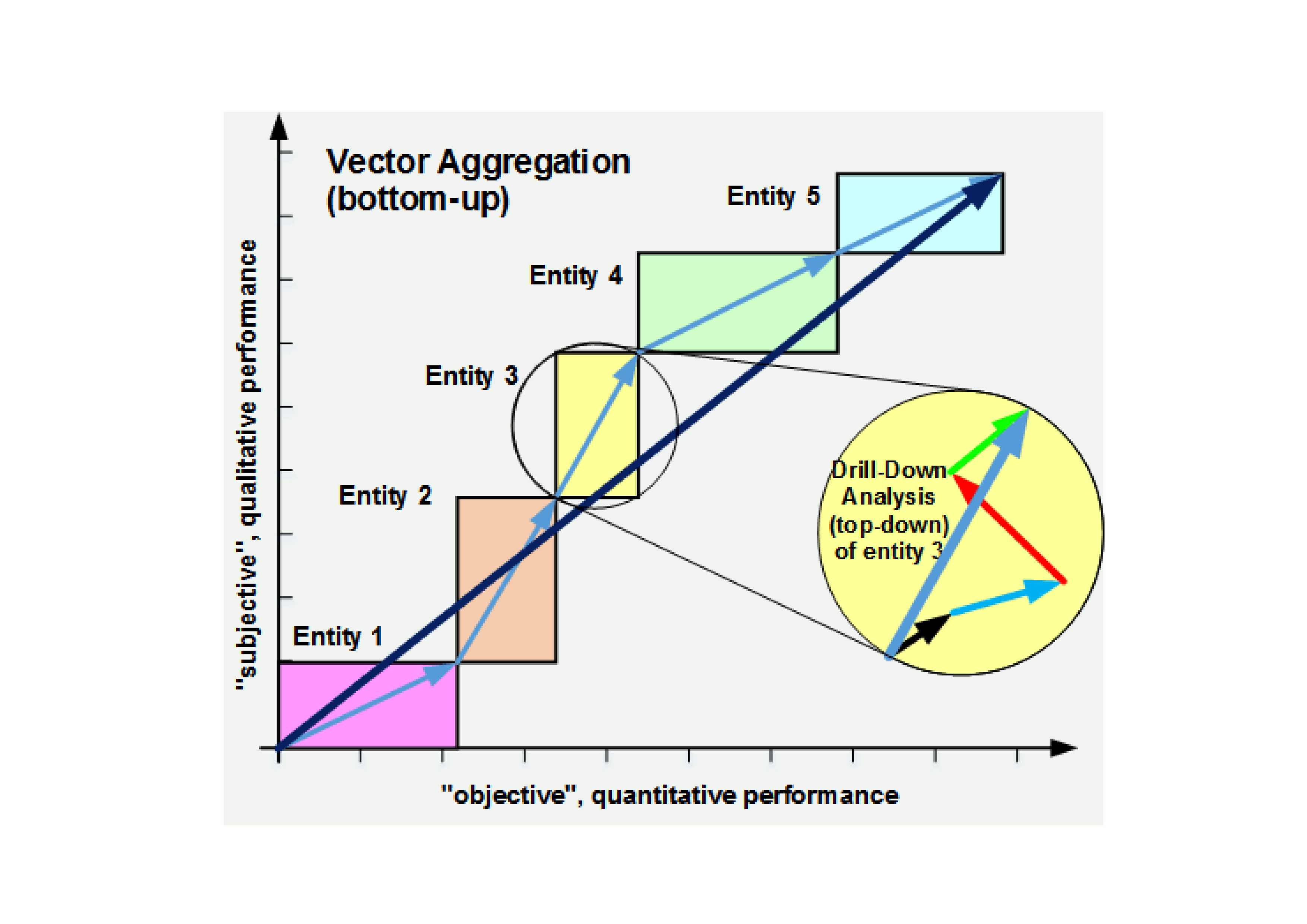Joseph Schumpeter talks about Business Engineering Systems
-
... concept of 'Business Engineering Systems' is an exciting development that has the potential to revolutionize the way we think about business ...
Joseph Schumpeter (1883 – 1950) was an Austrian political economist. He served briefly as Finance Minister of Austria in 1919. In 1932, he emigrated to the United States to become a professor at Harvard University, where he remained until the end of his career.
Schumpeter was one of the most influential economists of the early 20th century and popularized the term "creative destruction", which was coined by Werner Sombart...
Joseph Schumpeter in English:
As an advocate of entrepreneurship and innovation, I believe that the concept of 'Business Engineering Systems' is an exciting development in the field of Business Administration. By incorporating the 'primary resources' into the business model and using a hybrid value paradigm, businesses can make smarter decisions that not only increase their monetary value but also contribute to the sustainable development of society.
Innovation and creativity are crucial to the success of any business, and I believe that by using these tools, businesses can create new products, services, and processes that add value to society.
By incorporating non-monetary indicators into the value paradigm, such as knowledge, skills, and rights, businesses can enhance their understanding of the true value of their activities.
Furthermore, by adopting a sustainable approach to business, companies can not only benefit themselves but also contribute to the well-being of society and the environment. The combination of monetary and non-monetary value indicators in a vector-based approach is an excellent way to achieve this and can lead to more sustainable and responsible decision-making.
In conclusion, the concept of 'Business Engineering Systems' is an exciting development that has the potential to revolutionize the way we think about business. By incorporating the primary resources and adopting a hybrid value paradigm, businesses can create innovative solutions that add value to society while also contributing to a more sustainable and responsible future.
Joseph Schumpeter in German:
Als Verfechter von Unternehmertum und Innovation glaube ich, dass das Konzept der "Business Engineering Systems" eine spannende Entwicklung im Bereich der Betriebswirtschaftslehre ist. Durch die Einbeziehung der "Primärressourcen" in das Geschäftsmodell und die Verwendung eines hybriden Werteparadigmas können Unternehmen klügere Entscheidungen treffen, die nicht nur ihren Geldwert steigern, sondern auch zur nachhaltigen Entwicklung der Gesellschaft beitragen.
Innovation und Kreativität sind entscheidend für den Erfolg eines jeden Unternehmens, und ich glaube, dass Unternehmen durch den Einsatz dieser Tools neue Produkte, Dienstleistungen und Prozesse schaffen können, die einen Mehrwert für die Gesellschaft schaffen. Durch die Einbeziehung nicht-monetärer Indikatoren wie Wissen, Fähigkeiten und Rechte in das Wertparadigma können Unternehmen ihr Verständnis für den wahren Wert ihrer Aktivitäten verbessern.
Darüber hinaus können Unternehmen durch einen nachhaltigen Geschäftsansatz nicht nur selbst profitieren, sondern auch zum Wohlergehen der Gesellschaft und der Umwelt beitragen.
Die Kombination von monetären und nicht-monetären Wertindikatoren in einem vektorbasierten Ansatz ist eine hervorragende Möglichkeit, dies zu erreichen und kann zu einer nachhaltigeren und verantwortungsvolleren Entscheidungsfindung führen.
Zusammenfassend lässt sich sagen, dass das Konzept der "Business Engineering Systems" eine aufregende Entwicklung ist, die das Potenzial hat, die Art und Weise, wie wir über Wirtschaft denken, zu revolutionieren. Durch die Einbeziehung der Primärressourcen und die Einführung eines hybriden Werteparadigmas können Unternehmen innovative Lösungen schaffen, die einen Mehrwert für die Gesellschaft schaffen und gleichzeitig zu einer nachhaltigeren und verantwortungsvolleren Zukunft beitragen.
Joseph Schumpeter supported by chatGPT
Want to have more voices?
-
Read Gottfried Wilhelm Leibniz (1646 - 1716)
Read Luca Pacioli (1713 - 1790)
Read Adam Smith (1713 - 1790)
Read Carl Friedrich Gauss (1777 - 1855)
Read Henry R. Towne (1844 - 1924)
Read John Maynard Keynes (1883 - 1946)
Read Joseph Schumpeter (1883 - 1950)
Read Albert Einstein (1879 - 1955)
Read Daniel Kahneman (1934 - 2024)
Read Joseph Stiglitz (1943 - ....)
ChatGPT as talking head for Legal Units:
ChatGPT in the role of Bain & Company
ChatGPT in the role of BCG
ChatGPT in the role of Deloitte
ChatGPT in the role of EY (Ernst & Young)
ChatGPT in the role of EY(2) (Ernst & Young)
ChatGPT in the role of EY-Parthenon
ChatGPT in the role of Harvard University
ChatGPT in the role of HSG University of St. Gallen
ChatGPT in the role of KPMG
ChatGPT in the role of McKinsey
ChatGPT in the role of PwC
Business Engineering Systems: Advanced models for business, policy, and consultants.
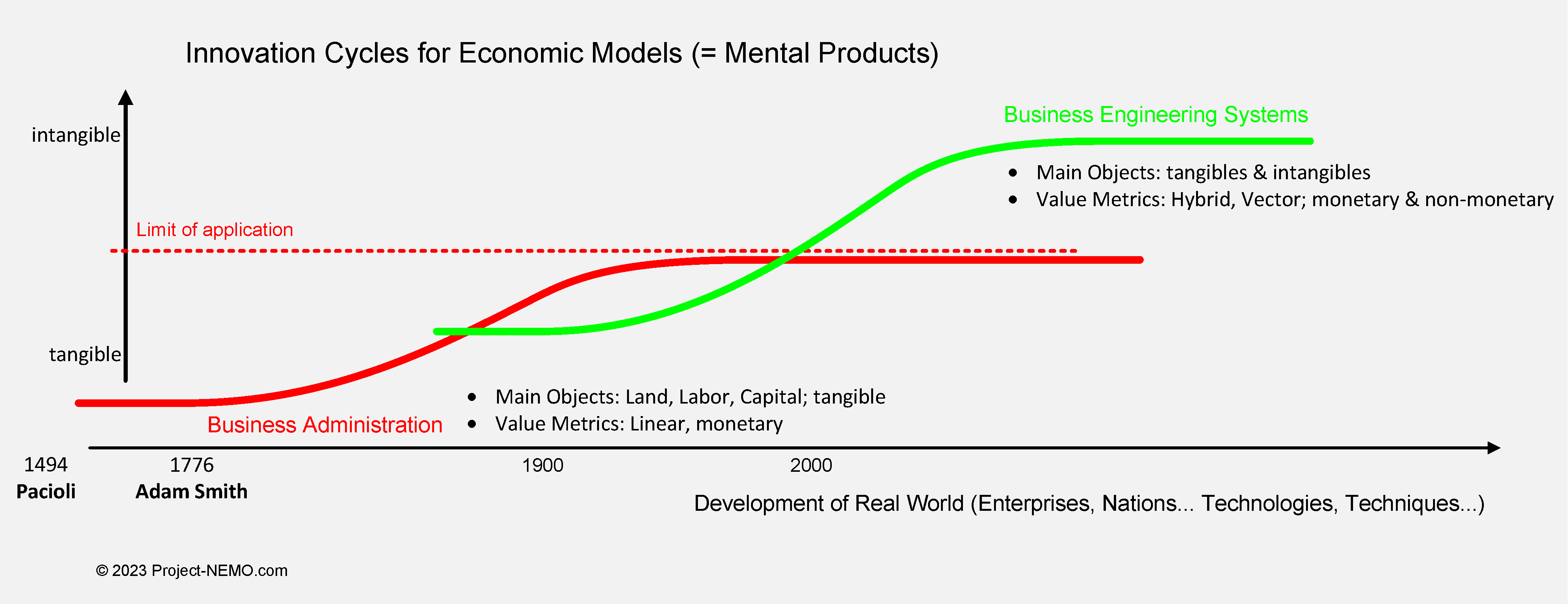
Today's models (i) start from tangible and intangible resources and (ii) use a multidimensional value paradigm in which non-monetary and subjective value attributes also count.
Four selected areas of focus from the BE systems:
Click on image for more information
Purpose of 'Project NEMO' (New/Next Economic/Enterprise Model) is to enhance classic economics by
(i) including intangible assets as the common (re)source of welfare and wealth and
(ii) disclosing a vector based hybrid value principle enabling monetary AND nonmonetary dimensions as a compound/hybrid measure.

